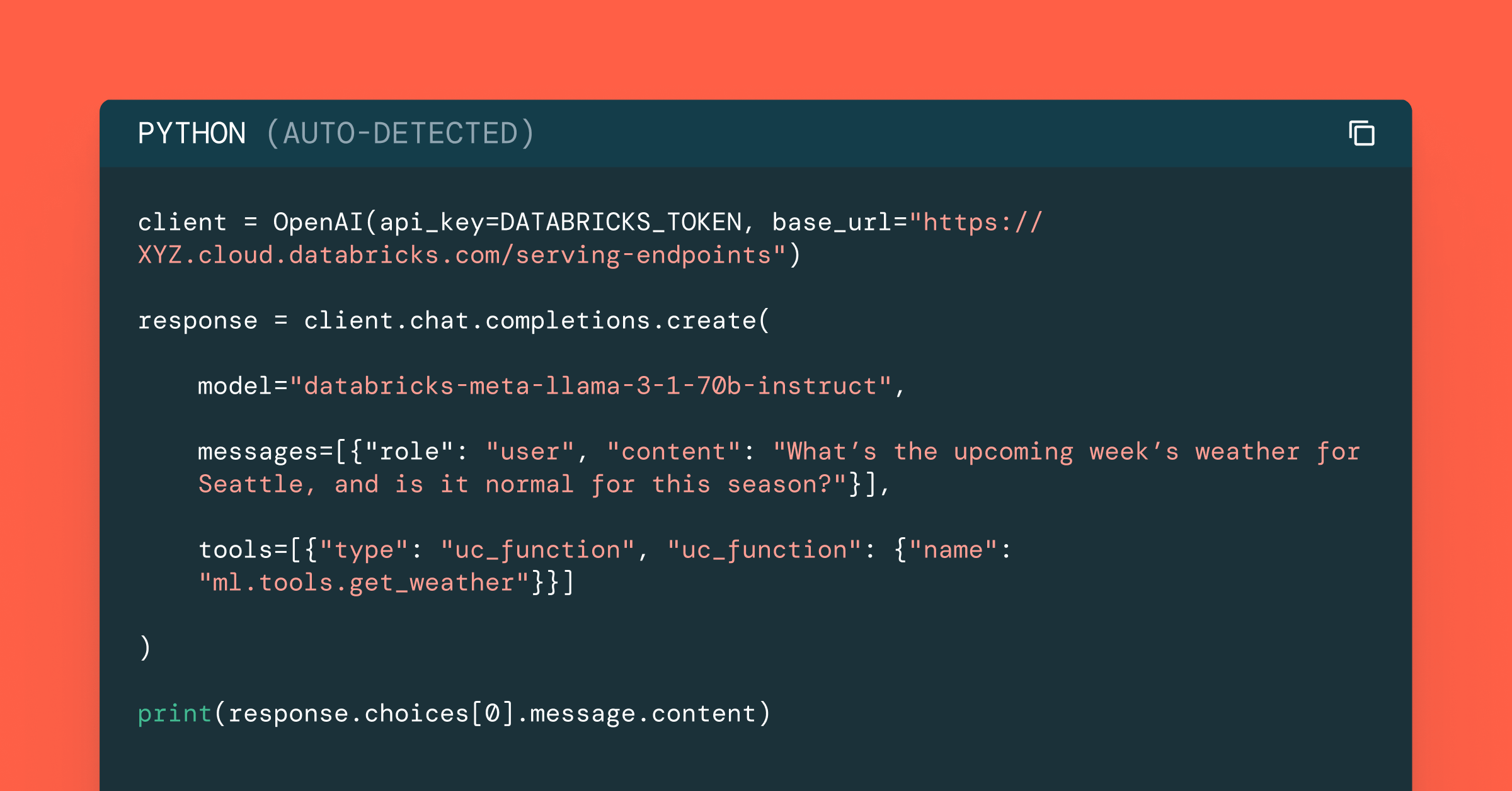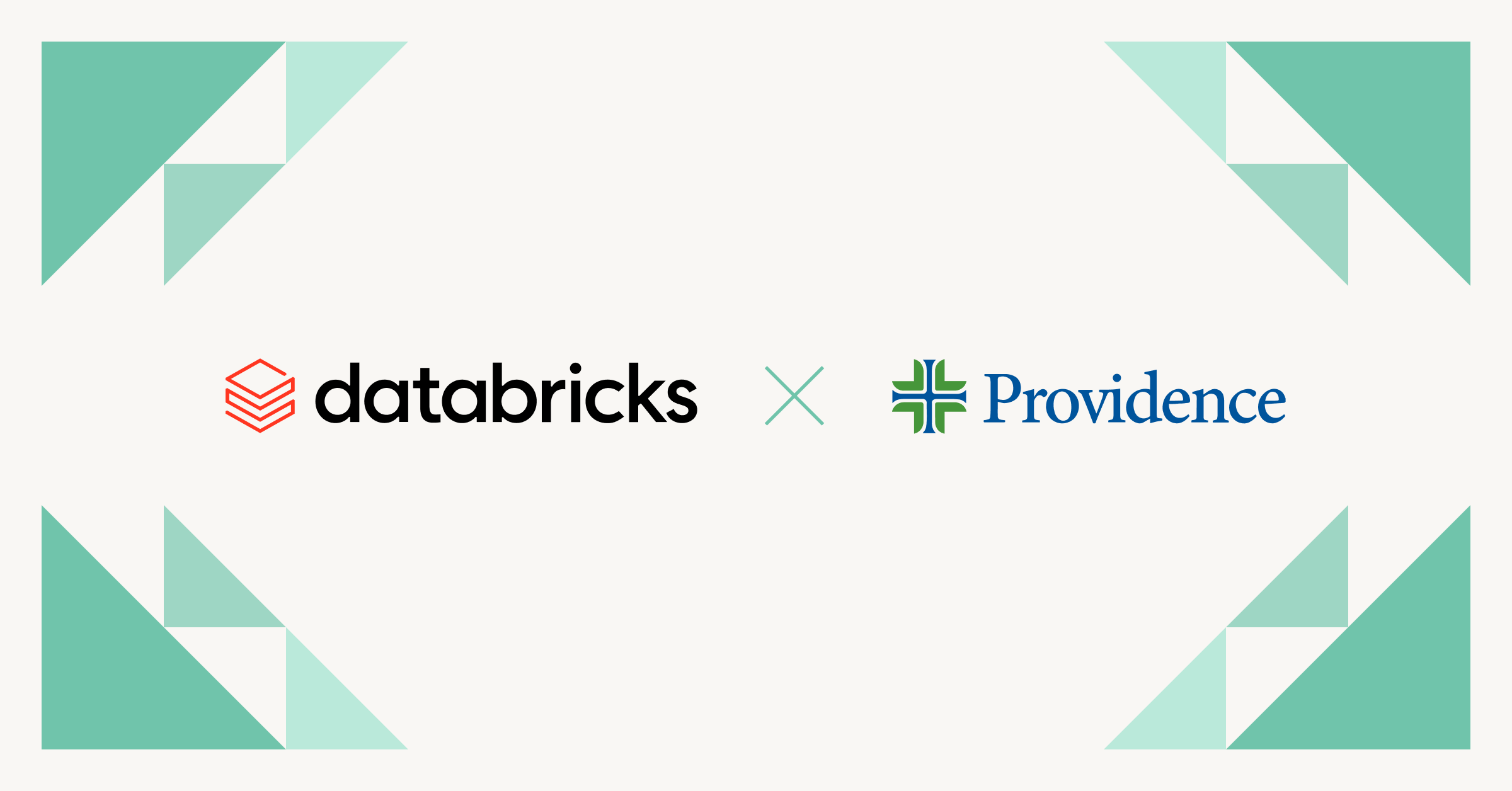Skip to main contentSubscribe ![Build Compound AI Systems Faster with Databricks Mosaic AI]()
![Providence Health: Scaling ML/AI Projects with Databricks Mosaic AI]()
Data Science and ML Posts
Master machine learning workflows with Databricks — from data preparation and model development to deployment and MLOps/LLMOps — all on a unified platform
Featured stories

Data Science and ML
October 1, 2024/5 min read
Build Compound AI Systems Faster with Databricks Mosaic AI

Data Science and ML
November 14, 2024/2 min read
Providence Health: Scaling ML/AI Projects with Databricks Mosaic AI
All posts
Loading...
EBOOK
Big Book of MLOps
Get governance and lineage for all your data and AI assets
Never miss a Databricks post
Subscribe to our blog and get the latest posts delivered to your inbox
